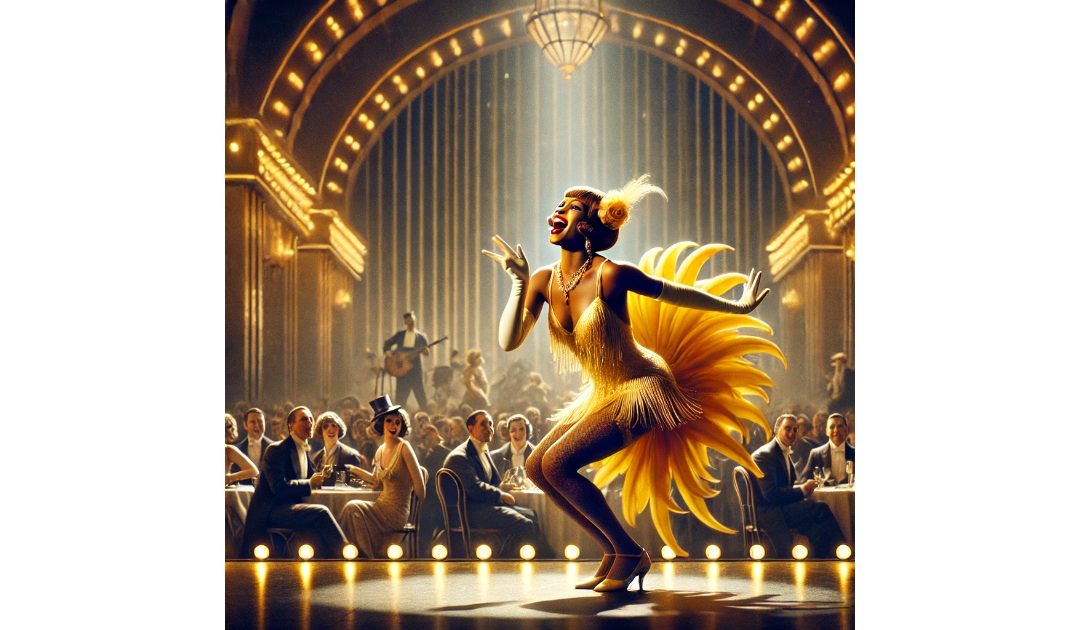On 21st December 1934 the French film Zouzou, starring Josephine Baker premiered in Paris. Josephine Baker was the first black woman to star in a major motion picture. I have posted about her before, focusing on her work as a spy during World War II.
Zouzou is a classic musical drama directed by Marc Allégret, notable for its groundbreaking portrayal of race and gender. Josephine Baker plays Zouzou, a laundress with dreams of stardom. The film showcases Baker’s magnetic stage presence and her unparalleled charisma, both of which transcend the film’s melodramatic storyline.
Zouzou and her childhood friend Jean (Jean Gabin) are raised together as siblings but grow into unrequited love—Zouzou for Jean, who does not share her romantic feelings. The narrative explores Zouzou’s loyalty and selflessness when Jean is falsely accused of murder. She sacrifices her own happiness and utilizes her newfound fame as a cabaret star to save him, underscoring themes of devotion and social inequality.
The film is celebrated for its visual elegance, dynamic musical sequences, and Baker’s groundbreaking role as a Black woman leading a French film at a time when such representation was rare. While its plot adheres to conventional melodrama, Zouzou remains a landmark for its fusion of Baker’s extraordinary talent and its subtle critique of race and class in 1930s French society.
Josephine Baker was born in St. Louis, Missouri on the 3rd of June 1906 as Freda Josephine MacDonald. She endured poverty and racial discrimination during her early years. As a teenager, she joined vaudeville troupes, eventually moving to Paris in 1925, where she achieved unprecedented fame during the Jazz Age. Her groundbreaking performances at venues like the Folies Bergère, often featuring her in daring costumes like her iconic banana skirt, made her a symbol of modernity and exoticism.
Baker became one of the first Black global superstars, celebrated for her charisma, comedic timing, and sensuality. Beyond entertainment, she broke racial barriers, refusing to perform for segregated audiences in the U.S. and actively supporting the American Civil Rights Movement. She adopted twelve children of various ethnicities, calling them her “Rainbow Tribe,” to demonstrate the possibility of racial harmony.
During World War II, Baker worked as a spy for the French Resistance, using her celebrity status to gather intelligence. For her bravery, she was awarded the Croix de Guerre and Legion of Honour. In her later years, she returned to the stage and became a symbol of resilience and justice. Josephine Baker remains an enduring icon of talent, courage, and advocacy for equality.

